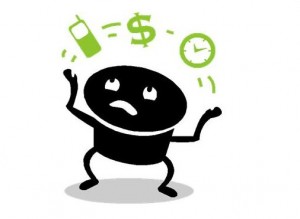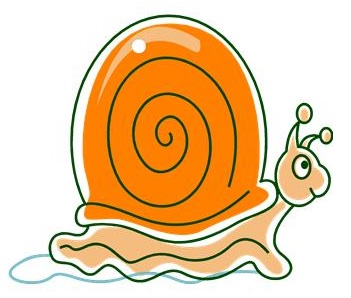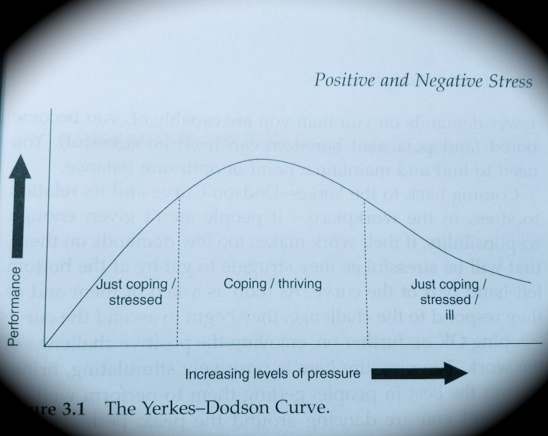Be the change that you wish to see in the world – Mahatma Gandhi
It is no coincidence that today’s post starts with this important quote; I have indeed spent the last months figuring out the organisational culture of an international association being confronted once again with entrenched positions, misunderstandings related to poor communication, a lack of intercultural dialogue and pretty much negative mindsets.
Looking at all this with my trained “mindful” eyes and as always believing in the power of motivation, empathy and a transparent, strategic, positive way forward, I have begun to slowly impact this environment by simply “walking the talk“, looking at solutions rather than problems and listening to the various actors and their concerns to identify an appropriate way forward.
Among others, I reminded people that:
- Rome wasn’t built in a day meaning that what slowly came to undermine processes and hampered the motivation of people cannot be changed in a couple of weeks but takes time to evolve.
- Everybody has a role to play meaning that a culture of complaining will lead to even more complaints, whereas a culture of trust, empathy and positive focus will shift moods and move mountains.
- Intercultural and effective communications is a skill and can be learned. Working in Switzerland, where many different languages are spoken, being sensitive to different cultural habits and backgrounds is even more important than in other local contexts so that teams can productively work together.
The next mile stone on the road to a more mindful organisation is set: a creative vision finding workshop for staff and Board where unconscious wishes and thoughts will have a central role to play. Looking very much forward to seeing how people will react as this doesn’t follow the “usual” way to proceed!
Stay tuned for more insights from within,
Jenny


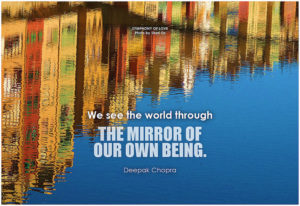

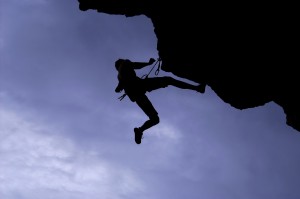 Do you know what VUCA means? No? Well, not so long ago, I didn’t either, rest assured!
Do you know what VUCA means? No? Well, not so long ago, I didn’t either, rest assured!
